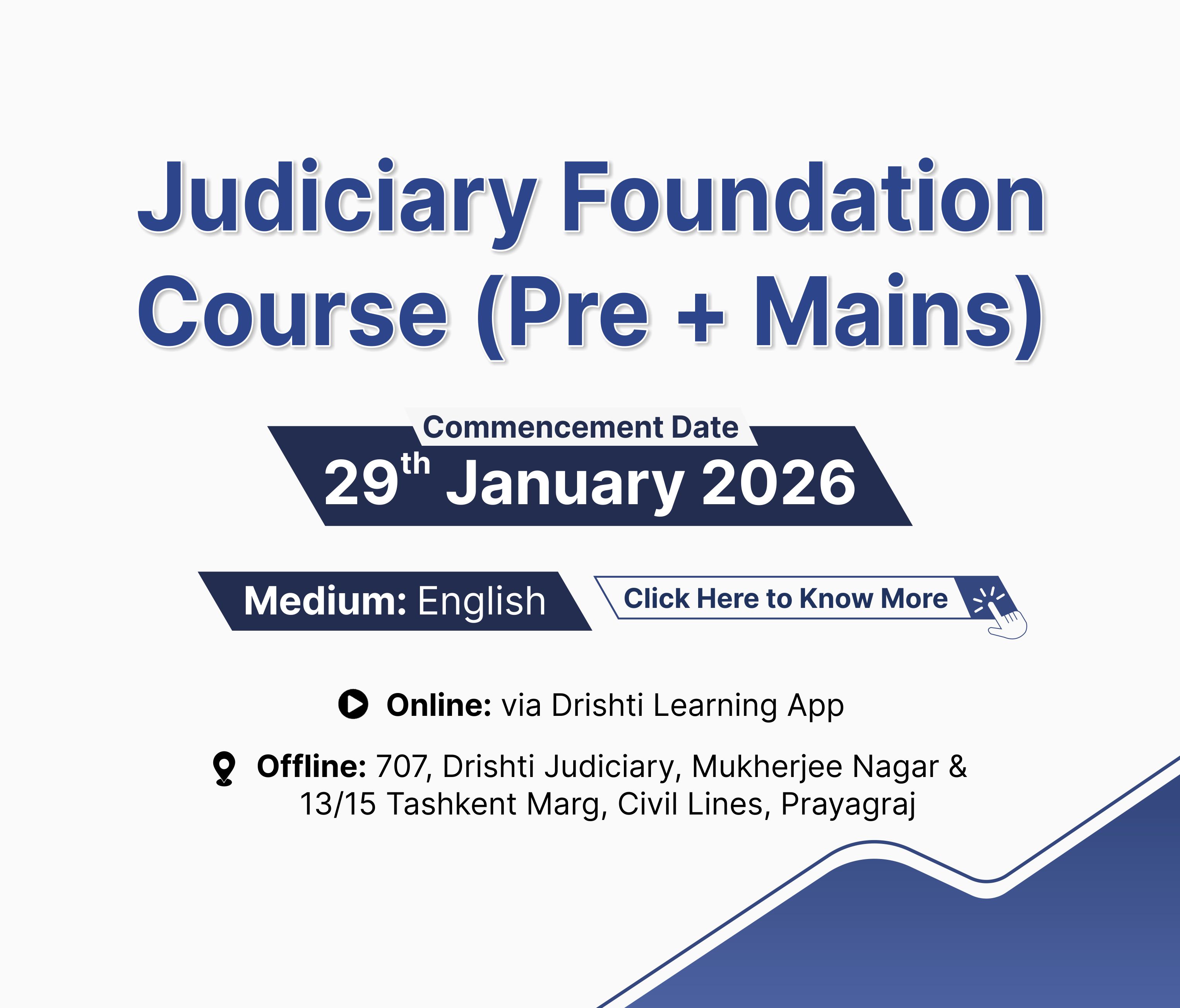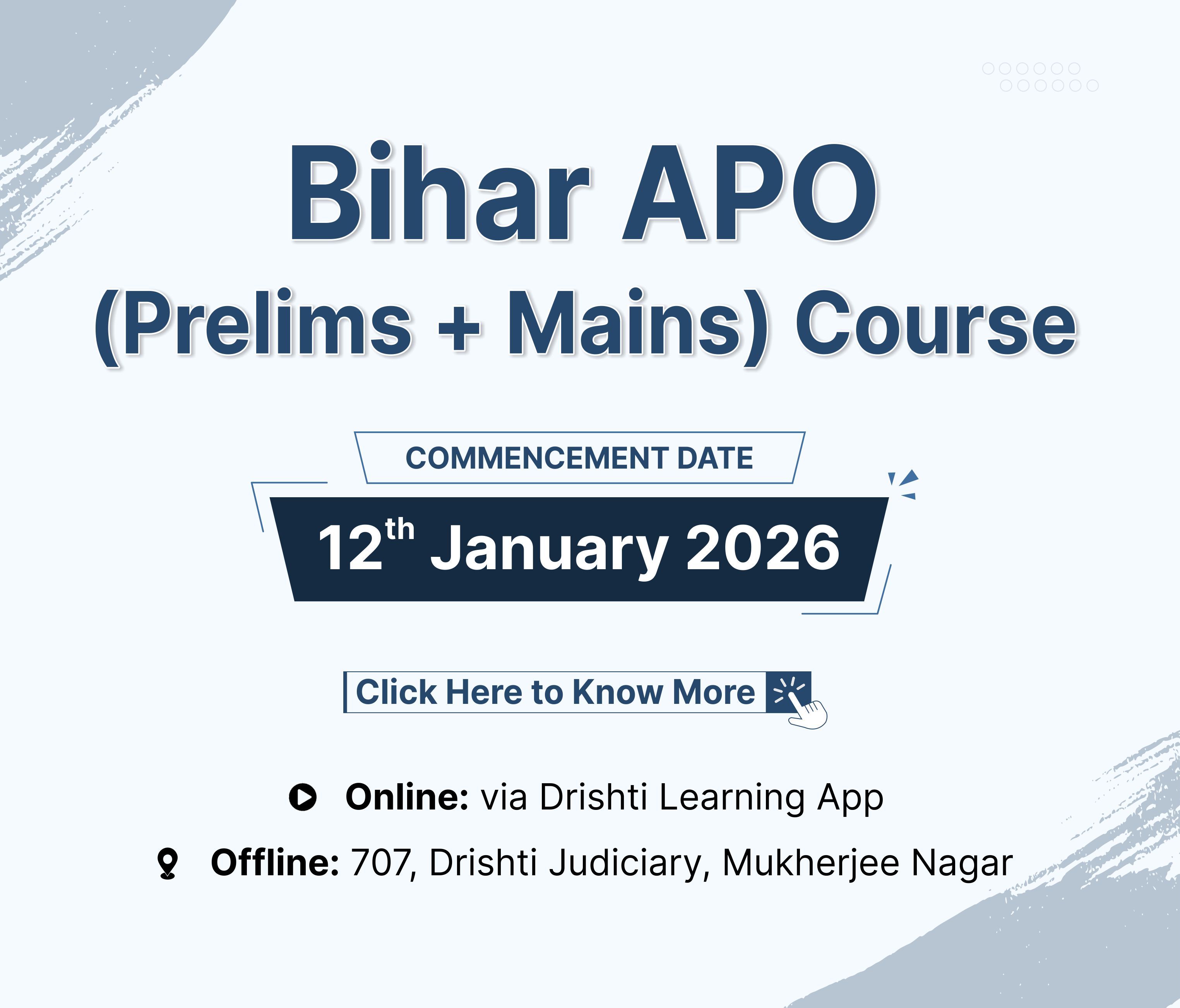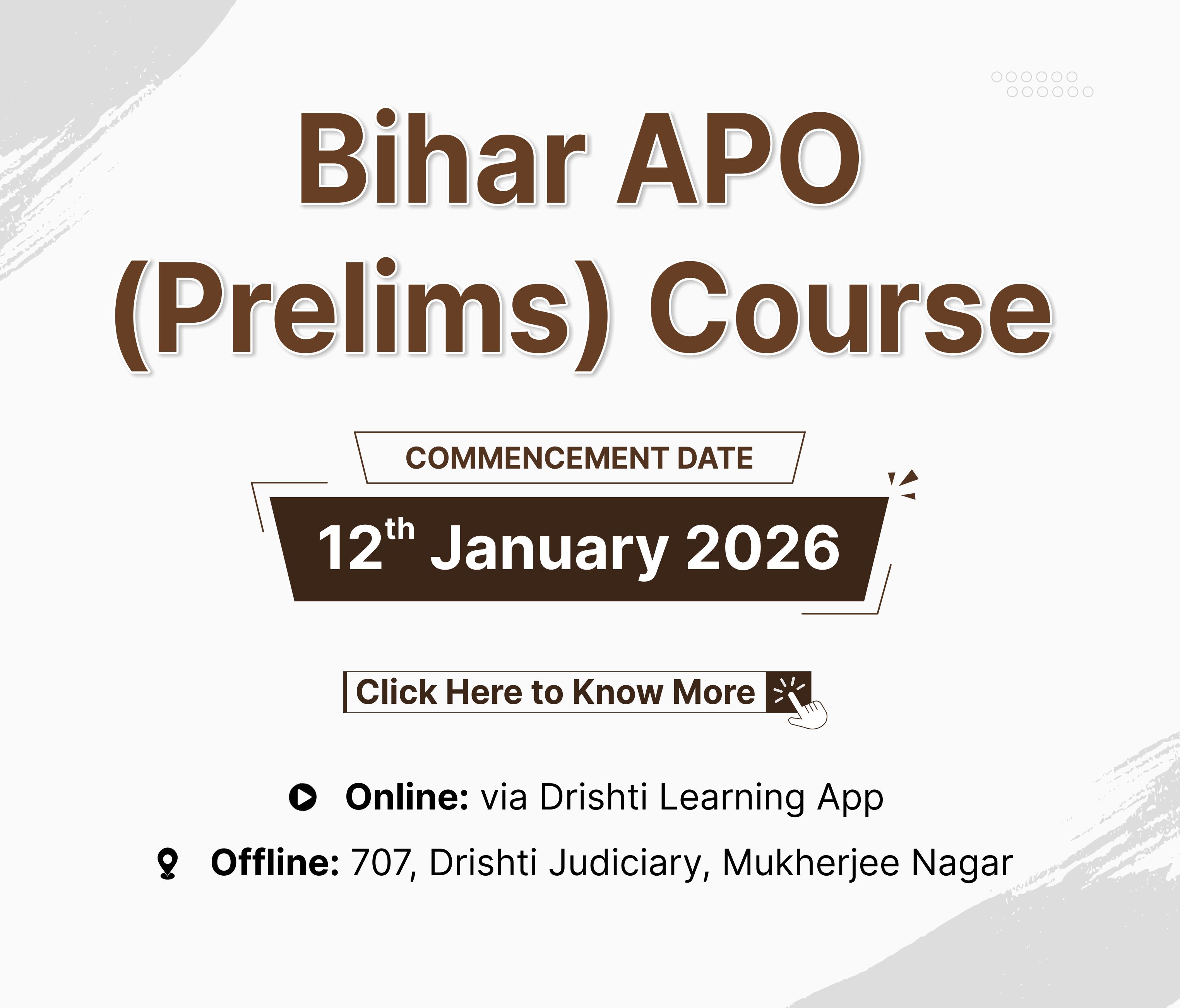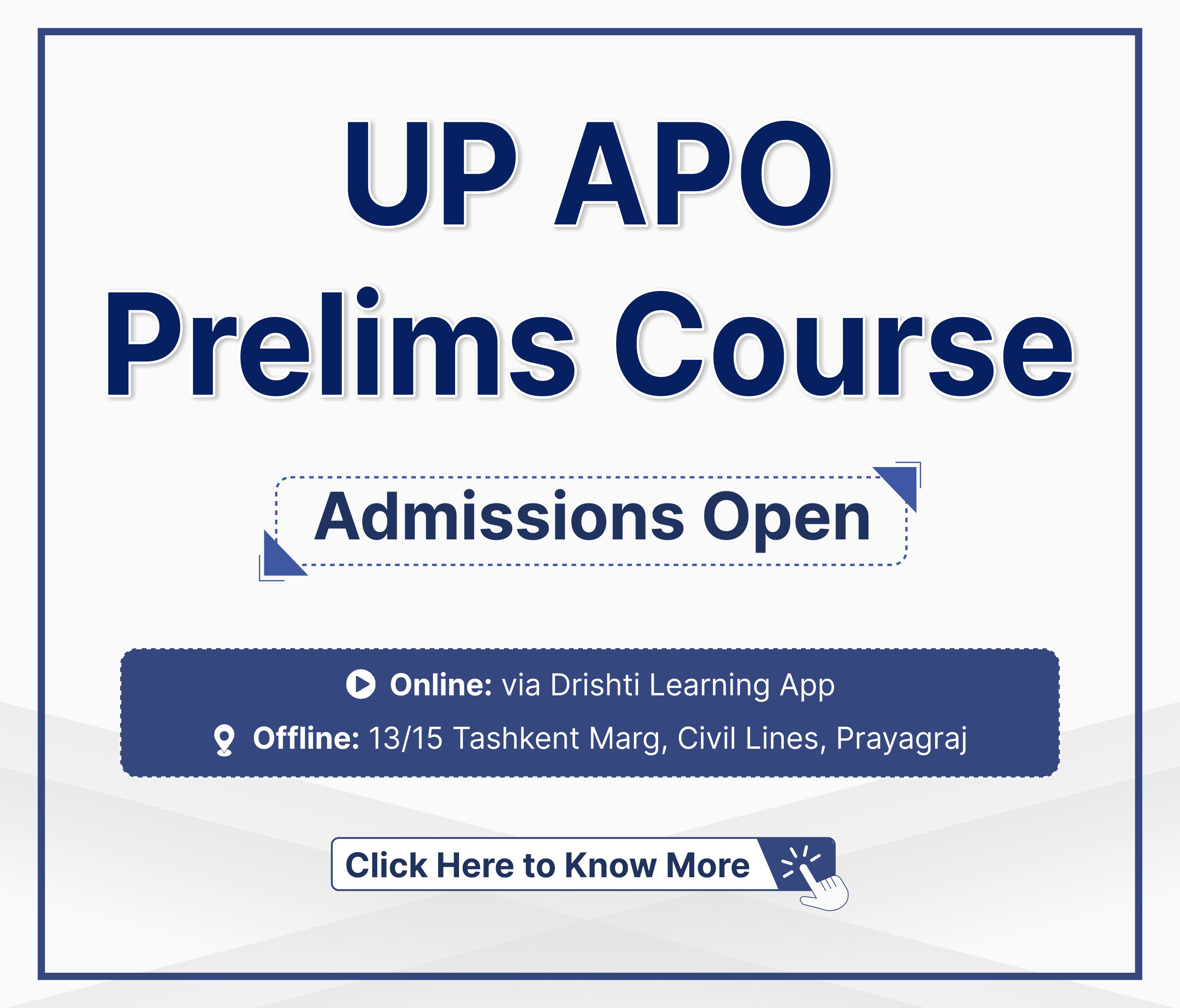List of Vocabulary
Pact
- A pact is a formal agreement or promise between two or more parties.
Paramount consideration
- pre-eminent consideration
Parole
- the promise of a prisoner upon his faith and honour to fulfil stated conditions (as to return to custody); the state or period of freedom resulting from a parole; a conditional and revocable release of a prisoner serving an unexpired sentence in a penal institution
Partition
- The dividing of lands held by joint tenants, coparceners, or tenants in common, into distinct portions, so that they may hold them in severalty.
Partnership
- a relation between persons who have agreed to share the profits of a business to be carried on by all or any of them acting for all
Partnership at will
- a partnership where no provision is made by contract between the partners for the duration or determination of their partnership
Passing off
- the wrong committed by a person who sells goods or carries on business, etc. under such a name, mark, description or otherwise in such a manner as to mislead the public into believing that the goods or business etc. is that of another person
Passing off
- the wrong committed by a person who sells goods or carries on business, etc. under such a name, mark, description or otherwise in such a manner as to mislead the public into believing that the goods or business etc. is that of another person
Patent
- a grant from the government to a person or persons conferring for a certain definite time the exclusive privilege of making, using or selling some new invention
Patent
- The official right to be the only person to make, use or sell a product or an invention.
Patent Defect
- A defect, or anomaly that can be found easily upon inspection.
Pattern
- something designed or used as a model for making things
Pauper
- A person destitute of means except as are derived from charity.
Pawnee
- Where bailment is for the purpose of payment of debt or performance of promise, bailee in that case is pawnee.
Pawnor
- Where bailment is for the purpose of payment of debt or performance of promise, bailor in that case is pawnor.
Pay
- All sums payable to a man in respect of his services other than allowance; money paid for labour or service, to make payment
Pecuniary Jurisdiction
- A jurisdiction as limited by the value of the subject matter of the suit.
Pellets
- A pellets is a small, rounded mass of material.
Penalty
- A punishment imposed for breach of any law, rule or contract.
Permanent Alimony
- Alimony provided by the court of law at any time when the decree is passed or thereafter.
Perpetual Injunction
- Injunction which forms part of judgement or order and is not restricted as to time.
Perpetuity
- the duration without limitation as to time
Perquisite
- a privilege, gain or profit incidental to an employment in addition to regular salary or wages
Personation
- The act of personating someone.
Petition
- a formal application in writing made to court for judicial action for something that lies in its jurisdiction; a written application addressed to a superior, or to a person or body in authority, soliciting some favour, right or mercy or the redress of some wrong or grievance
Plaint
- the statement in writing of a course of action in which the relief claimed is set out in detail
Plaintiff
- the party, who brings a suit to a court of law
Plea of Guilty
- Pleading by a person who admits that he has committed a crime.
Pledge
- The bailment of goods as security for payment of a debt or performance of a promise.
Plenipotentiary
- a person invested with full powers especially a special ambassador or envoy to some foreign country
Polygamy
- the practice or custom according to which one man has or may have two or more wives
Possession
- Physical Control whether actual or in the eyes of law.
Power of attorney
- a formal instrument by which one person empowers another to represent him or act in his stead for certain purposes
Preamble
- An introductory part of the statute, ordinance or regulation.
Precedent
- Earlier laws or decisions that provide example or act as a guide.
Precepts
- A written order or a mandate.
Preclude
- to close the door against; to shut out; to exclude; to render impracticable by anticipatory action
Prejudice
- injurious effect; injury to or impairment of a right, claim, statement etc.
preliminary point
- a point which, if determined in favour of the plaintiff, permits the progress of the suit, but when determined against him, brings the suit to an end leaving other issues undetermined
Prescribed
- To lay down by rules.
Preservation
- The act of keeping safe from injury, harm or destruction.
President
- The constitutional head in a Republican Government.
Presiding Officer
- The judicial officer, who presides over the court; the officer who presides over a deliberative assembly, an officer appointed to superintend the polling at an election.
Presume
- To hold as proved unless otherwise shown.
Preventive Relief
- A relief intended to prevent an injury.
Prima Facie
- On the face of it.
Principal
- One who employs others to act for him subject to his general control.
Prisoner
- A person who is kept in prison.
Privacy
- The right to be let alone, or freedom from interference or intrusion.
Private Defence
- A right to protect body and property of oneself and others.
Privileged Communication
- A privileged communication is a conversation between two parties that is legally classified as a private discussion.
Probable
- that may reasonably be expected to happen, or to prove true
Probate
- The judicial procedure by which a testamentary document is established to be a valid will.
Probate
- the officially verified copy of a will together with the certificate of its having been proved, which is delivered to the executor
Proclaim
- To make public official announcement
Prohibit
- To forbid by authority or command.
Promise
- a firm agreement to perform an act, refrain from acting or make a payment or delivery.
Promisee
- The person to whom the promise is made.
Promisor
- The person making the promise.
Pronote
- The legal document by which a monetary liability is created on the promisor in favour of a promisee..
propinquity
- nearness of relationship
Proportion
- The relation of one part to another or to the whole with respect to magnitude, quality or degree
Proposal
- When one person signifies to another his willingness to do or to abstain from doing anything, with a view to obtaining the assent of that other to such act or abstinence, he is said to make a proposal;
Prosecution
- The party by whom criminal proceedings are instituted or conducted.
Proviso
- A clause inserted in a legal or formal document related to some condition, stipulation, exception or limitation on subject matter.
Provocation
- The action of an act or existing anger, resentment or irritation.
Psychotropic
- Relating to or denoting drugs that affect a person's mental state.
Public Interest Litigation
- Litigation undertaken to secure public interest and demonstrate the availability of justice to socially-disadvantaged parties.
Public Nuisance
- An act that is illegal because it interferes with the rights of the public generally.
Public Prosecutor
- A public officer charged with the investigation and prosecution of punishable acts on behalf of state.
Punishable
- Liable to be punished or deserving of punishment











